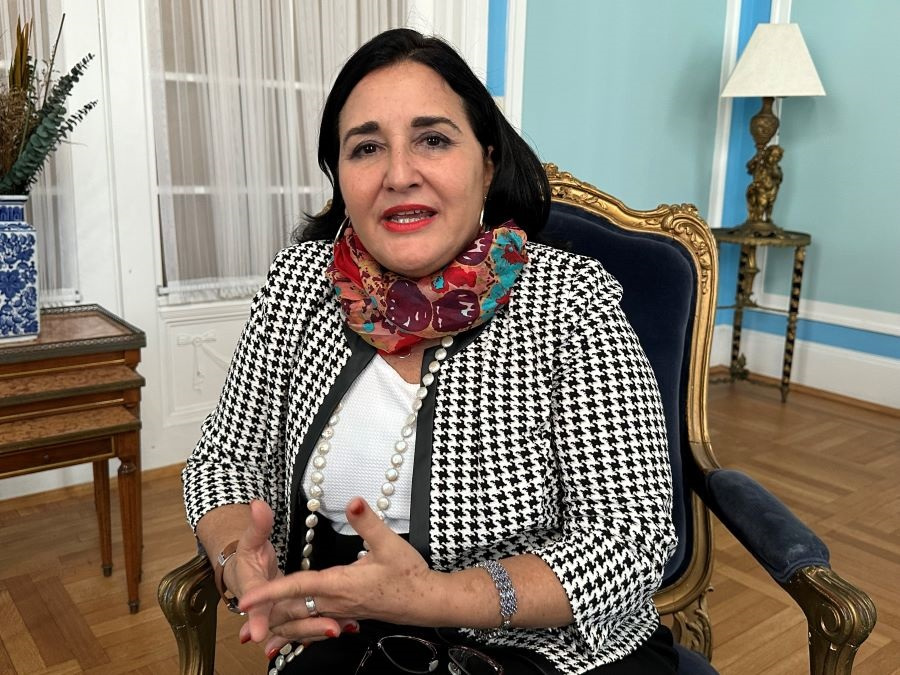Washington. In an exclusive interview with the Cuban news agency Prensa Latina, Johanna Tablada, vice president of the US Directorate of Cuba's Ministry of Foreign Affairs, criticized the “hostile US policy” against her country.
The U.S. government is applying maximum pressure on Cuba, taking “extreme, inhumane measures.” These, he explained, were aimed at damaging the economy, denying people access to food sources, destabilizing the country and ultimately eliminating the revolution.
Regarding present-day relations between the two countries, Tablata noted, “The policies of the Joe Biden administration have basically followed those of the Donald Trump administration.” And: “We must recognize and acknowledge that they have succeeded in disrupting the quality of life of Cuban men and women and that they have succeeded in creating a difficult situation for our people.”
But despite the “walking stranglehold,” the U.S. administration failed to destabilize society “with its enormous destructive capabilities,” blaming the Cuban government and ultimately inciting public revolt by tightening the blockade.
Tablada, who has served in the diplomatic service for more than 30 years, said, “The sad legacy of this administration in Washington will be the largest immigration wave in Cuban history, which is very unfortunate for the Cuban people. Families.”
To distract from the global demand to end the embargo and to avoid admitting “its criminal intentions”, the US government repeatedly finds pretexts and creates monstrous “deceptive manipulations” against Cuba. These include fake news that China is building military bases in Cuba or that the Cuban government plans to send troops to Ukraine. All these are spread with impunity without any evidence. More shamefully, Cuba's false propaganda about medical aid in other countries, portrayed by the US media as slavery.
All of this is “part of a perpetual human rights scandal in which the U.S. government gives preferential treatment to those who are the targets or recipients of its financing programs in Cuba.” These people “are then portrayed as heroes because they don't have support in our society,” Tablada added.
However, it is important to distinguish between the US government's position and the growing demands of US society for normalization of bilateral relations. Resolutions have been passed in more than 108 cities to work with Cuba to lift the embargo. In many meetings with civil society and business, he enjoyed a great deal of interest in cooperation and business with Cuba.
In 2023, some spaces for cooperation and exchange with the US government were restored. However, harsh measures will continue to affect the lives of Cubans.
It is unclear who will become president next year and whether the superpower will continue to interfere “in Cuba's internal affairs to approve regime change plans and finance disinformation and fake news operations.”

“Communicator. Entrepreneur. Introvert. Passionate problem solver. Organizer. Social media ninja.”






More Stories
USA beats Germany in Ice Hockey World Cup
How do you know Ollie Alexander – singer for Great Britain
Seventeen banks are in favor of phasing out fossil energy